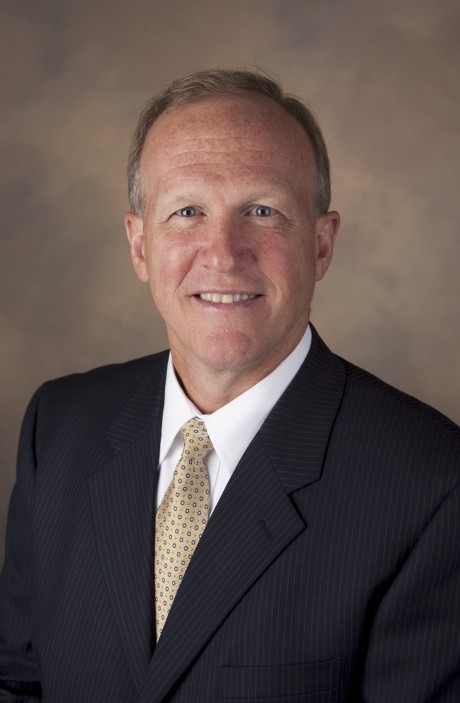Rankings not only factor when evaluating graduate schools

Courtesy Photo Jeffrey Potteiger
Apr 11, 2011
With commencement ceremonies only three weeks away, many graduating Grand Valley State University students are considering what graduate schools to attend.
During the process of consideration, many students may take a look at national graduate program rankings, such as the rankings produced by U.S. News and World Report, to help assist in deciding on a program and school.
Jeffery Potteiger, dean of Graduate Studies at GVSU, urged students to use the rankings as part of the decision process, but said it should not be the only or the most important part of choosing what graduate school to attend.
Potteiger said students put too much emphasis on the rankings when comparing one school to another.
“It’s part of the overall decision-making process, but I don’t know how big of a part it should play,” Potteiger said. “If a student was interested in a particular program at a particular school and that school doesn’t necessarily have a good ranking, that doesn’t mean that program is not good. “
Potteiger also said he worries about the legitimacy of the data used in deciding whether a school should be on the rankings or not.
“A lot of times the categories that they pick to rank schools are arbitrary,” he said. “There’s always questions about the validity of the data that is submitted for those programs. You would like to think people submit accurate and valid and reliable information, but you don’t know.”
In a study conducted by Kaplan Test Prep on the U.S. News and World Report of graduate, business, law and medical school rankings in 2010, 80 percent of law school admissions officers said the ranking process is unfair regardless of where the school placed in the rankings.
Jeff Olson, vice president of research at Kaplan Test Prep, said even the people who construct the rankings would advise students not to use them as the exclusive decision-making factor.
“Every one of the rankings uses a different methodology,” he said. “U.S. News will base their ratings on reputation on professors and academic. Some others will use a survey. So there’s just many approaches, and the rankings themselves are controversial.”
Despite these facts, many students still use the rankings as an instrumental part of the decision-making process.
“We know that applicants put a lot of faith in the rankings,” Olson said.
Olson said other factors for students should be more important than the rankings, such as affordable academics, geographic location, availability of internship placement and job placement statistics.
Both stressed the importance of looking at other factors when deciding on a graduate program.
“You need to be an informed consumer,” Potteiger said. “A student needs to get as much information about a potential school as they possibly can.”
When observing GVSU’s graduate programs, some of them have only been in existence for 20 years. Potteiger said the school is still growing and the rankings do not determine the success of an institution.
“Whether we make it or not, we are comfortable,” Potteiger said. “We are happy with who we are and where we are and what we are trying to do.”

























